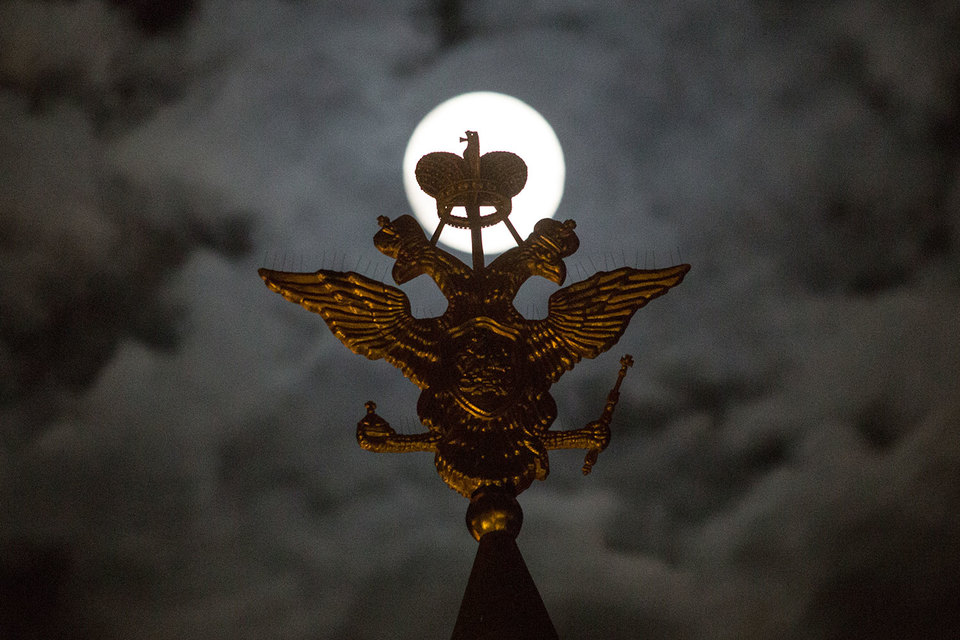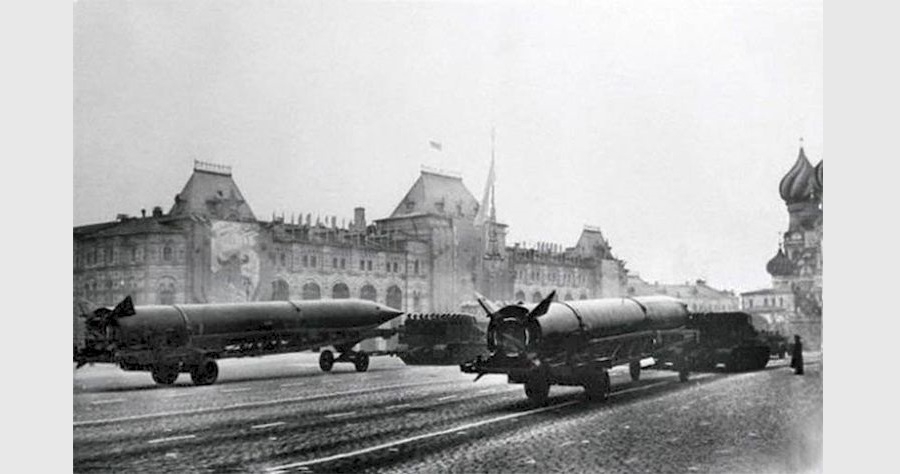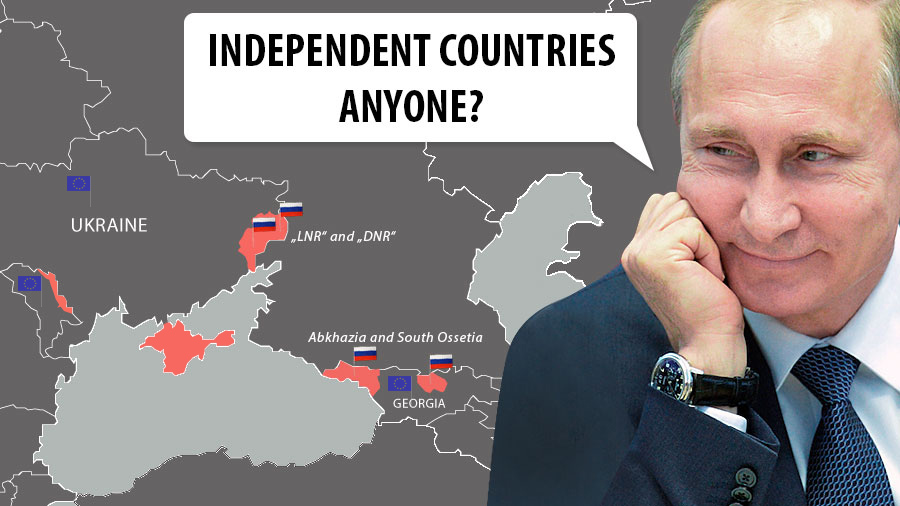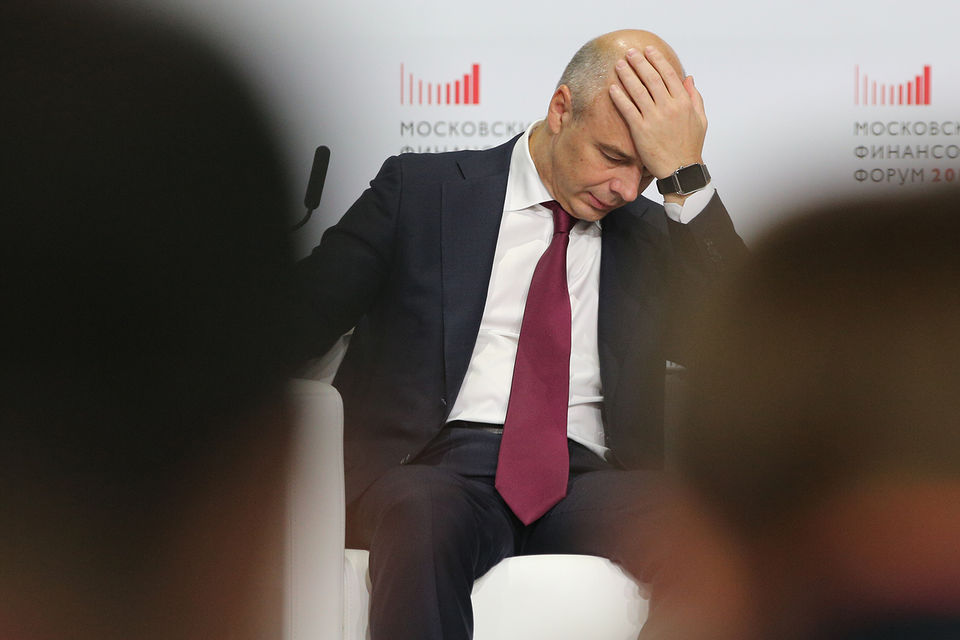Three specific and even unique characteristics of the Russian Empire in the past have not disappeared in the Russian Federation of today but instead continue to drive both the foreign and domestic policies of the Kremlin, according to Moscow commentator Vladislav Inozemtsev.

In an essay for the AfterEmpire portal today, Inozemtsev identifies the three and discusses the reasons why these imperial features have not disappeared in Russian life in the same way that they did in the case of Western empires like those of the British, French, and Portuguese.
First of all, he argues, there is “the unique fact that the center of the imperial power became what was in essence a deeply peripheral oblast: Moscow not only was not a nucleus for the consolidation of Slavic territories during the flourishing of Kyiv Rus but did not even play a significant role in the region dominated by Vladimir, Suzdal and Ryazan.”
That in turn has had three consequences, Inozemtsev continues:
- It instilled in the Muscovite principality from the outset “a powerful colonizing drive;”
- Moscow’s formerly subservient or “at least ‘junior’” position led it in a “fanatic” way to seek to impose control over the two “’older’ centers of Russian statehood, Novgorod and Kyiv” both of which were linked to Europe;
- Muscovy’s long subordination to the Mongol Horde gave it the necessary skills to build and hold a continental land empire.
Second, the Moscow analyst says, the Russian imperial experience strikingly recalls “the expansion of European powers in essence and [even] chronologically but was distinguished from them by its results.” Like the Europeans, Muscovy started in its imperial direction with what Lorenzo Veracini has called “settler colonialism” and moved eastward into Siberia.
But after a century or so, the European colonies created by settlers had largely freed themselves from the metropolitan center, “but Siberia remained within Russia.”
Then, again just as the Western European powers had acted from the beginning of the 18th century, “Russia began an expansion not along the east-west axis but along the north-south one: the Europeans quite quickly divided Africa and South Asia [while] the Russians seized the North Caucasus and Central Asia.”
In this way, Inozemtsev says, “the logic of the construction of the empire was preserved: even chronologically. In both cases, settlement colonization took place first and then occupation and the establishment of regimes of military dominance without the large-scale resettlement of representatives of the metropolitan center in the new possessions.”
But despite that commonality, he continues, “Russia turned out to be the only empire in which the second phase of expansion was carried out as an addition to the first and not as its replacement. As a result, the clear division into center and periphery was lost in contrast to the West European and a completely variegated conglomerate began to be viewed as a single state.”
And the third distinguishing characteristic of Russian imperialism is and remains that “the great disintegration of the end of the 20th century occurred according to different rules than the imperial collapse in the rest of the world had.” That reinforced the lack of distinction between colonialism by settlement and colonialism by conquest.
“As a result,” Inozemtsev says, “within the new country have been reproduced the former contradictions: in it remain part of the historical metropolitan center, the settler colony in the form of Siberia and the recently conquered territories in the North Caucasus which logically do not have any relation to Russia.”
This in turn means, he continues, that “all the fundamental contradictions of the Russian Empire have been preserved in the Russian ‘Federation.’” It hasn’t been freed of its colonies “politically or economically.” It cannot exist without being an empire regardless of what the country is called.”
But the settlement of 1991 involved something else that has ensured that the imperial dimension of Russia has continued, and it is this: many regions that Russians view as part of the metropolitan center are now within the borders of other states. And that means that “there exists and will continue to exist a striving toward fundamental revanchism” to recover them.
In its behavior toward Chechnya or the Donbas, Inozemtsev says, “Russia has conducted itself not as the Horde but as a typical European state just like France which tried to hold Algeria or Germany which aspired to Alsace and Lorrain.” But there is a difference and it is critical, the analyst argues.
“Russia at the very same time continues to preserve a political construction like that of an empire and not of a nation state, toward the building of which it has never tried to achieve. And this construction … is not capable of being transformed either into a nation state or into a federation.”
Consequently, “efforts at the ‘federalization’ of Russia cannot lead to the formation of a contemporary non-unitary state of the kind represented by the US, Germany or even more Switzerland.” Whether that means it will fall apart in a convulsion or disappear in some other way is something “only time will tell,” Inozemtsev says.
- 25 years on, evil empire is less big but no less evil, Yakovenko says
- Putin needs a new cold war to stave off the end of the empire, just like Soviet leaders, Karelian says
- ‘Russia is trying to be an empire but it ever more resembles a colony,’ Glukhovsky says
- Post-Soviet Russian empire entering ‘second phase’ of disintegration, Lukyanenko says
- Moscow’s Victory cult intended to keep non-Russians within an empire and former Soviet republics together, Ukrainian commentator says
- Taras Shevchenko. The case of a personal fight against the Russian Empire
- Russian Federation ‘sooner or later’ will go the way of all other empires, Shevtsova says




